What is Medical Malpractice in New Jersey?
Medical malpractice refers to the negligence or misconduct of healthcare professionals that leads to harm or injury to a patient. It occurs when a doctor, nurse, or any other medical personnel fails to provide the standard level of care expected in their profession. Medical malpractice cases can arise from various situations, such as misdiagnosis, surgical errors, medication errors, birth injuries, and failure to provide appropriate treatment.
Understanding the complexities of medical malpractice law requires the expertise of experienced lawyers who specialize in this field. At Gencarelli & Rimassa Law Firm, we are dedicated medical malpractice lawyers in NJ who are committed to helping victims of medical negligence seek justice and obtain the compensation they deserve.
What are the Common Types of Medical Malpractice?
Medical malpractice can take many forms, but the most common types of medical malpractice are:
Wrongful death: This is when a doctor or other healthcare provider causes the death of a patient by mistake.
Personal injury: This is when a doctor or other healthcare provider causes harm to a patient, including but not limited to pain and suffering.
Defective products: This is when a doctor or other healthcare provider uses a defective product, such as a medical device, and this causes harm to the patient.
Negligent care: This is when a doctor or other healthcare provider does not take the proper precautions to prevent harm from happening to a patient.
Unprofessional conduct: This is when a doctor or other healthcare provider engages in behavior outside the bounds of acceptable medical practice.
This type of claim can be very broad in scope. In addition to these generalizations, more specific examples may also be helpful:
- Failure to diagnose cancer
- Delay to treat or failure to diagnose a medical condition
- Cerebral palsy & brain damage
- Erb’s palsy
- Gynecologic surgical malpractice
- Hospital Malpractice
- Emergency room errors
- Medication Errors
- Surgical errors & complications
- Anesthesia malpractice
- Failure to diagnose hydrocephalus
- Extravasation Of Chemotherapeutic Agents
- Abdominal Compartment Syndrome
- Failure to diagnose compartment syndrome
- Failure to diagnose injury to the popliteal artery
- Osteoradionecrosis
- Birth Injuries
- Congenital Birth Defects
- Injured Children & Babies
The lists above are not comprehensive. If you believe that you or a loved one are a medical malpractice victim, contact us for a free legal consultation.
How is Medical Malpractice Proven in NJ?
Medical Malpractice is generally seen as one of the most complex personal injury claims to pursue.
The first step is to prove that a deviation from the acceptable standard of care occurred. To do this, an attorney will consult with experts from the relevant medical field(s) to see if this departure occurred. Those experts will undertake a third-party review of your medical records to determine if the healthcare provider(s) involved conducted themselves in a reasonable and acceptable manner.
Generally, reasonableness is determined by considering the available knowledge, the geographic location of the medical facility, and the state of medical practice at the time the injury occurred. When a third-party reviewer finds evidence that the healthcare provider(s) acted unreasonably, they must also establish causation between the patient’s damages and the healthcare provider’s negligence.
Put differently, not only must a medical expert determine that negligence was committed by the healthcare provider(s), but they must also demonstrate that the damages sustained by the patient were directly caused by the negligence of the healthcare provider(s).
What Types of Damages are There in a Medical Malpractice Suit?
The types of damages received in a medical malpractice claim can be divided into two categories: economic and noneconomic.
As the name implies, economic damages refer to compensation for losses that can be objectively verified, like medical expenses, lost wages, inability to use property, costs of repair or replacement, and lack of employment or business opportunities. In addition to compensation for economic losses, a settlement or trial may award noneconomic damages for non-monetary losses.
Noneconomic damages include, but are not limited to, pain, suffering, inconvenience, emotional distress, loss of social relations, loss of consortium, and loss of enjoyment of life.
In New Jersey, neither economic nor noneconomic damages are capped. Only punitive damages, damages awarded to discourage intentional or reckless behavior or actions motivated by malice, are capped. Punitive damages are neither economic nor noneconomic damages, as they are not granted to compensate for any verifiable or subjective loss.
It is doubtful that your suit will involve punitive damages. For punitive damages to be awarded, the plaintiff must prove that the harm incurred by the plaintiff was caused by “actual malice or accompanied by a wanton and willful disregard of persons who foreseeably might be harmed by those acts or omissions.” That is to say, the healthcare provider(s) must have intentionally committed the act of malpractice to harm the plaintiff. This is seldomly the case.
To attain the best possible settlement for you and your loved ones, you need a team of committed lawyers with a history of winning for victims of medical negligence.
Medical Malpractice New Jersey Free Consultation
Our firm retains expert accountants and other financial analysts to calculate economic losses related to your suit. We also have long-standing relationships with experts in various medical fields to ensure we can provide the best testimonial for your claim.
Throughout your case, we will remain attentive and responsive to not only your legal needs but your medical needs as well. Our driven team will always fight as hard as we can for you and your loved ones. You have suffered enough. Let us help.
If you have suffered a personal injury or the death of a loved one as a result of the negligence or carelessness of a doctor or other health care provider, please get in touch with our personal injury law firm to get not only the compensation but the justice, you and your family deserve.
No Fees Unless We Win
Our law firm specializes in personal injury cases and operates on a “no fees unless we win” basis. We are committed to fighting for your rights and ensuring that you receive the justice you deserve.




